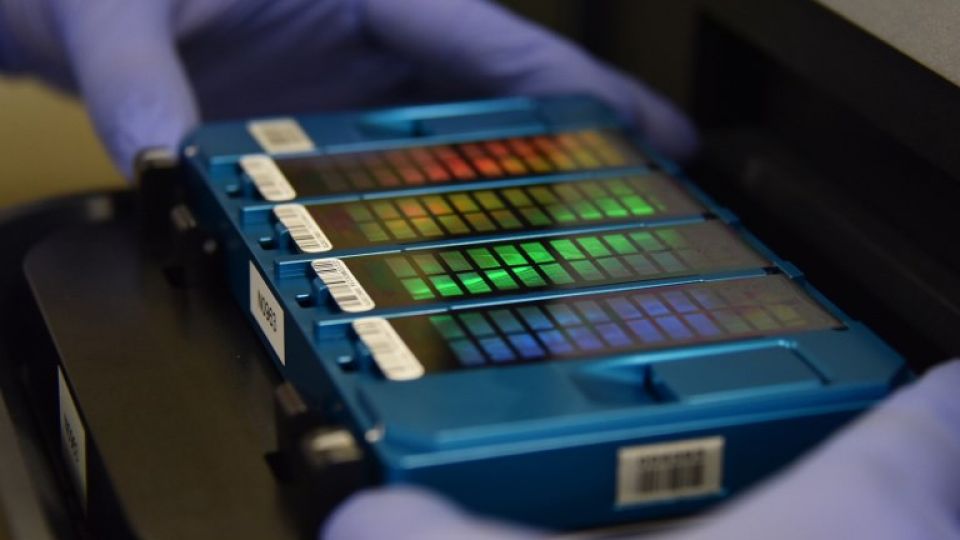March 10, 2020
Sri Lanka ranked 56th out of 100 countries, and the second best in South Asian region after India, on the inclusive internet index 2020.
Sri Lanka has been ranked 56th out of 100 countries on the inclusive internet index 2020 released by the Economist Intelligence Unit (EIU).
It is the second highest ranking country in South Asian region after India, which is on the 46th spot.
Looking at South Asia, Pakistan ranked the lowest, Bangladesh at 70th place.
The EIU report says: Sri Lanka earns high marks for the availability of local Internet content and e-government services, resulting in a ranking of =25th globally (and 6th in Asia) in Relevance. Its performance is less impressive elsewhere, with glaring weakness in, among other areas, policy development and trust and safety.
The ‘Inclusive Internet Index’ benchmarks countries on the internet’s availability, affordability, relevance and the readiness of people to use it. The annual report is commissioned by Facebook.
In its fourth year, the index covered 100 countries, representing 91pc of the world’s population and 96pc of global GDP.
On a scale of one (best) to 100 (worst), Pakistan stood at the 56th place out of the total countries surveyed.
The first country ranked in this year’s index is Sweden, followed by New Zealand and the United States. Australia and Denmark both ranked fourth, followed by South Korea, Canada, the United Kingdom, France and Spain.
Among the global worst are Burandi at 100th, Liberia, Madagascar, Malawi and Burkina Faso.
his year’s index is accompanied by the ‘2020 Value of the Internet Survey’, to understand how the internet is used and perceived.
The poll gathered views from 4,953 respondents in 99 countries across Asia-Pacific, the Americas, Europe, the Middle East, North Africa and Sub-Saharan Africa.
According to Facebook, more than half of the world’s population — 4.1 billion is connected to the internet. On the other hand, more than 3.5bn people are still deprived of the ‘opportunities’ brought by the internet.
The social media giant noted that the rate of growth of internet access in low-income countries had slowed significantly.
On average, only 9.9pc of households in low-income countries had access to the internet, compared with 88.5pc in rich countries.
The report found that mobile data had been a game-changer for lower income groups, but access was still too expensive.
On average across the indexed countries, the cost of a fixed-line broadband connection amounts to 18.6pc of monthly gross national income per-capita — a far cry from the 2pc target for entry-level broadband services set by the United Nations Broadband Commission for Sustainable Development.
It also noted that 4G coverage had grown in 54 countries and now covered 31.2pc of low-income and 64.7pc of lower-middle income countries.
Facebook said while progress had been made, women still had less access to the internet than men. Across indexed countries, men were 13pc more likely than women to have access to the internet (down 3pc from last year), and the gender gap was a remarkable 34.5pc in low-income countries.
While the technology industry played a significant role in closing the digital divide, innovation in government policy could have an equally significant impact, Facebook noted.


